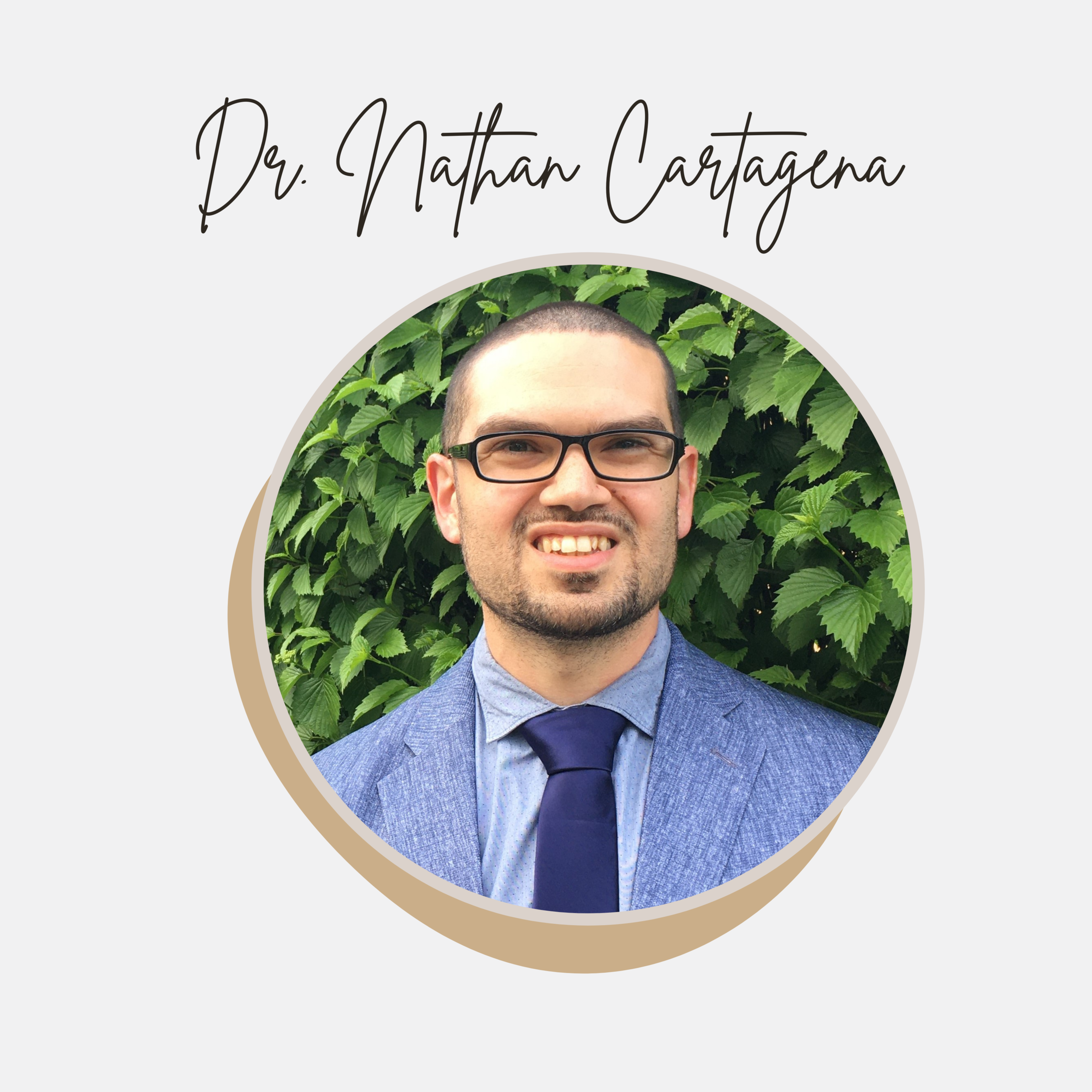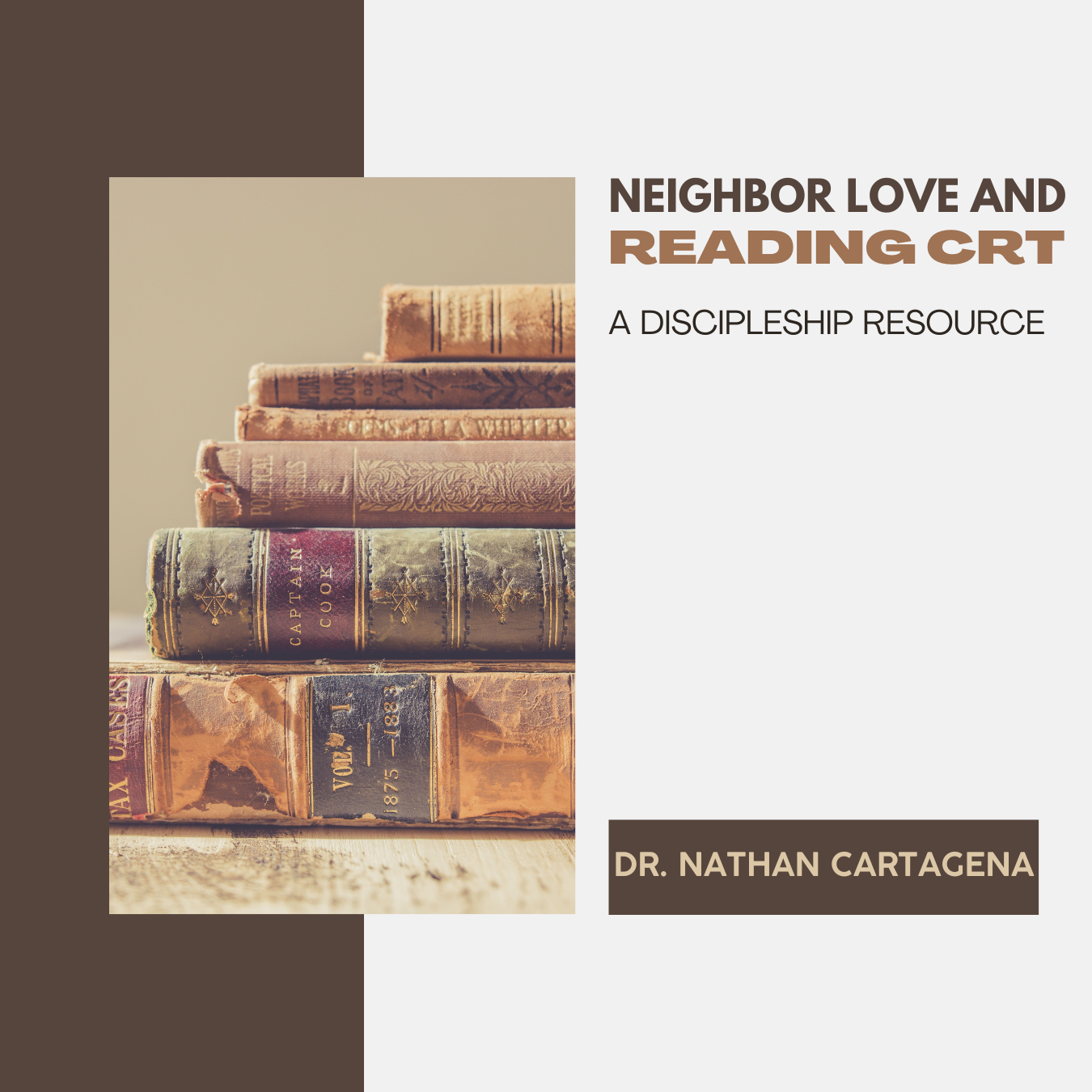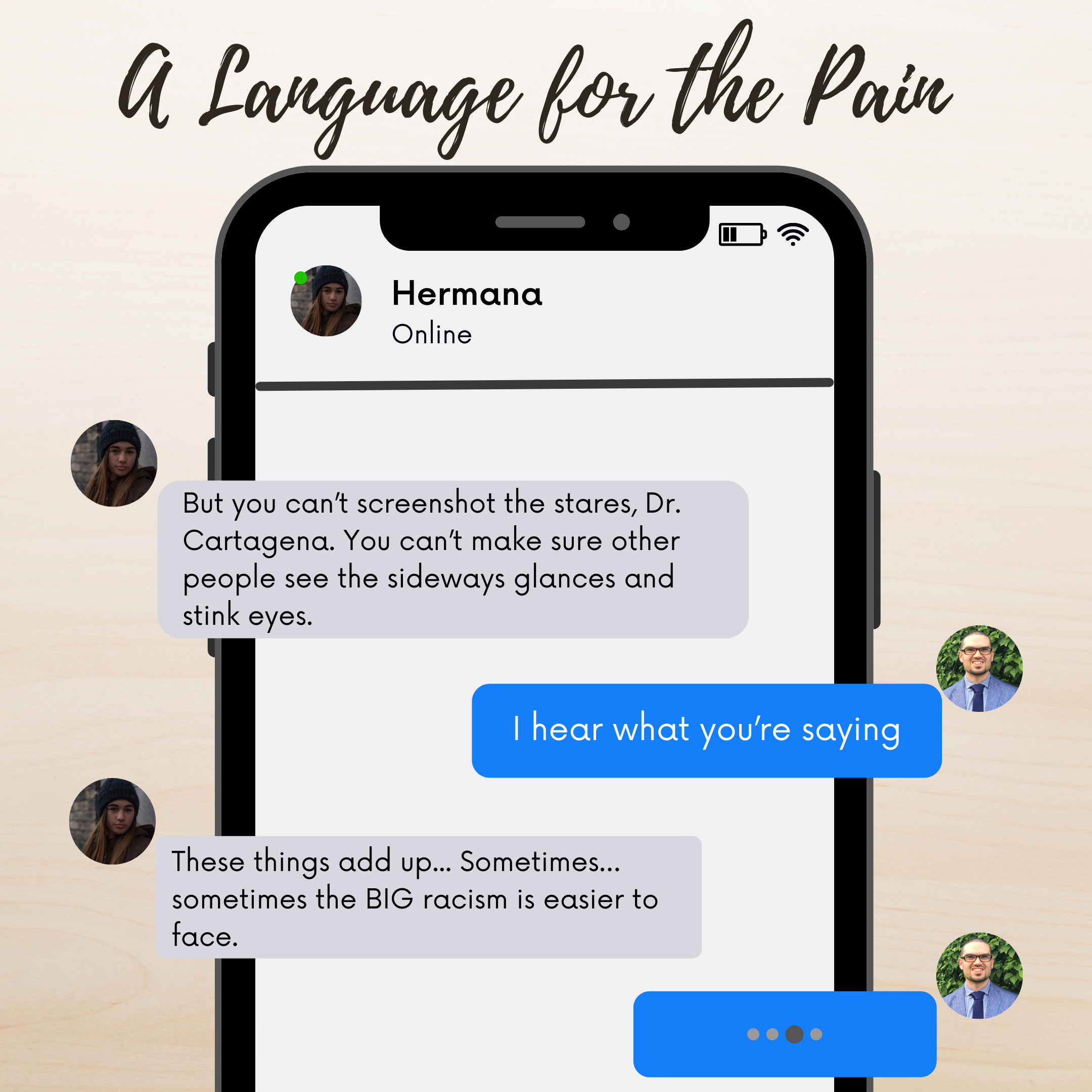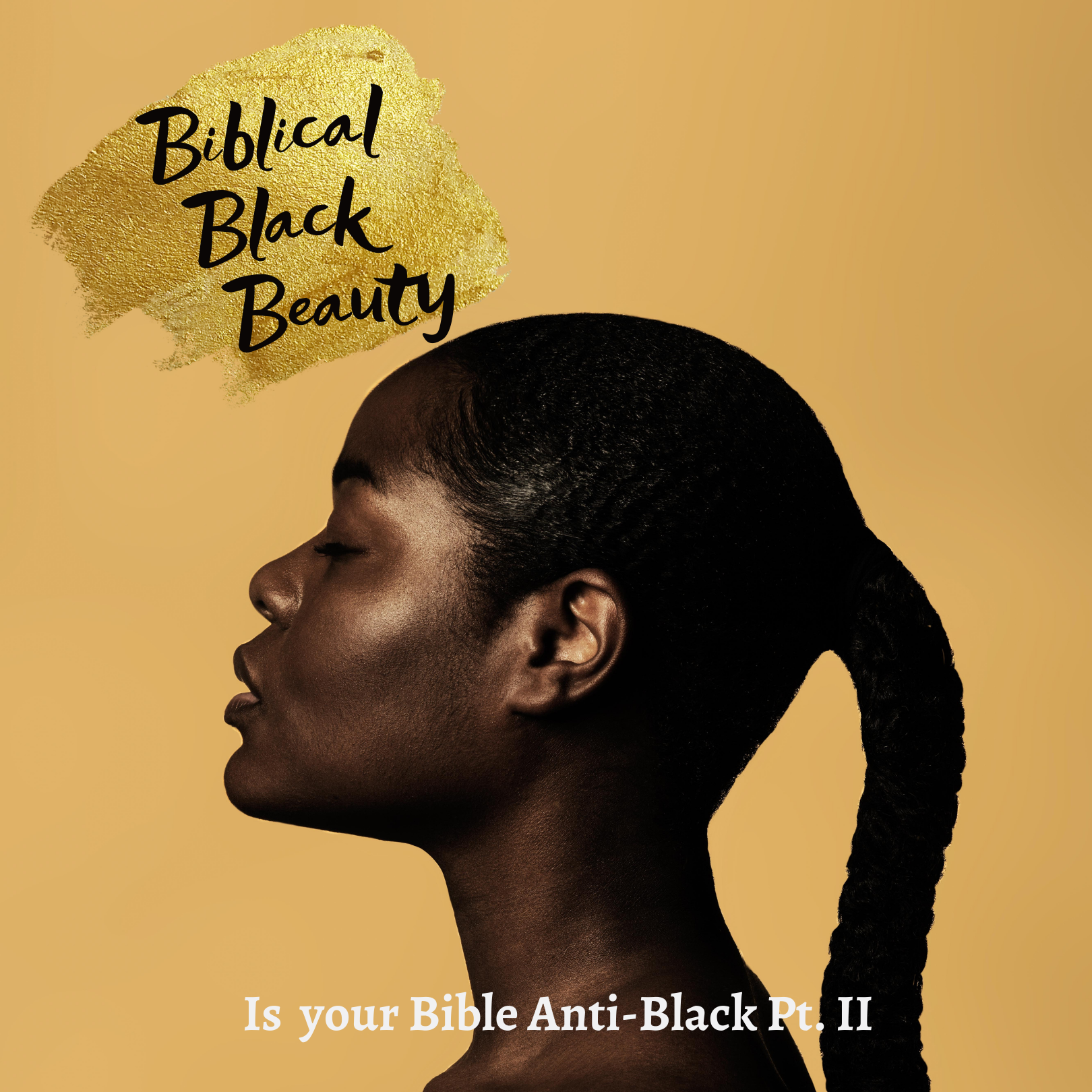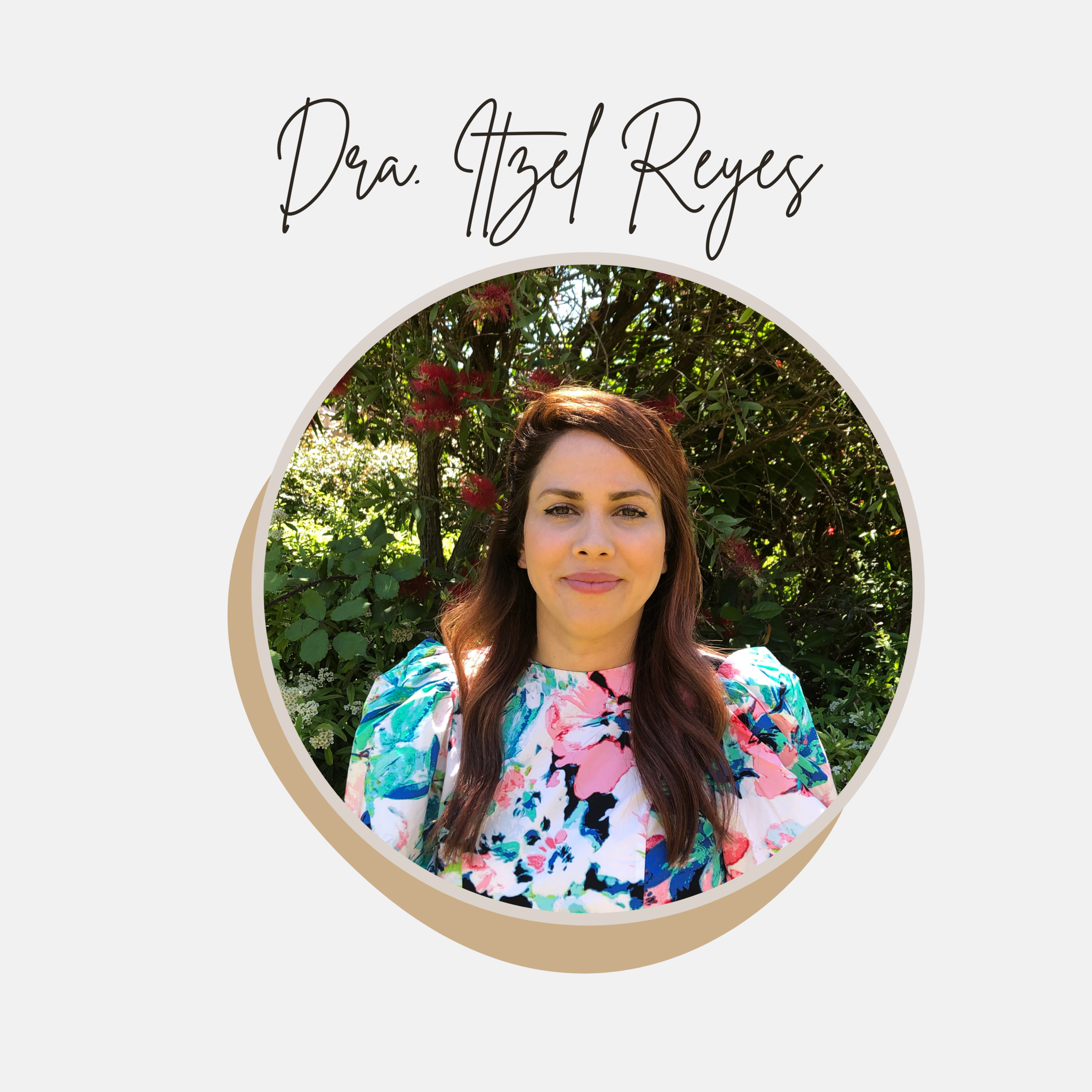Creating a New Way
The work of Mission Talk is one of space making. Meeting young adult leaders at a variety of stages in their journey of grappling with Hispanic identity, Mission Talk creates a space for these ministry leaders to reconnect with their cultural roots and rediscover the beauty in what it means to be Latino/a. “Reinforcing their identity as Latinos is crucial and key to this conference,” Quiles explained, sharing that at the conference they have salsa and merengue, infusing the experience with Latino culture through music, dance, and retelling of history.
After creating a space, Mission Talk exposes and educates church and ministry leaders to Latino derived resources. The goal is to facilitate the movement from compassion-based outreach to community transformation/justice-based work. This is accomplished primarily through bringing in Latino/a practitioners, men and women of God who are in the trenches of ministry to Hispanic communities throughout the world, bringing about community transformation and justice for the sake of the gospel. “We bring practitioners,” Quiles emphasized, “not celebrities.” These individuals are experienced and respected in all kinds of justice ministries in Hispanic communities, addressing issues such as poverty, hunger, immigration, mass incarceration, human trafficking, social entrepreneurship, ethnic diversity, and racial reconciliation, to name a few. Stepping beyond mere exposure to ideas, these practitioners train and equip conference attendees for the work, teaching biblical theology, ministry models, and ministry skills for Latino/as to return to their native communities and minister well.
As I listened intently to Quiles share his heart for the Hispanic church, I came away challenged. He desires to welcome Latino/as home, for the gap that was created in the Hispanic church to be filled by its own. Rather than relying on Anglo church resources and culture, he champions the Hispanic church for what it is, a dynamic and influential part of the Body of Christ that must be functional for the Church at large to effectively operate. “What I see,” he concluded, “is raising thousands of young people who are able to shape the church through culture.”
For the Latino/a believer, Quiles extends a call to re-engage. While acknowledging the challenge and pain of assimilation and cultural ambiguity, he calls the Hispanic church home. As an Anglo believer, Quiles gave me a personal challenge: “Help remind us that God made us Latino for a purpose.” Doesn’t this statement itself hold the key to the strength of the historical, global, multi-cultural, multi-ethnic, cross socio-economic, two gendered church? The key is the sovereignty of our God over us. With intent, He made each individual and placed them within a time and culture. It is up to us to steward our cultural identities in a way that preaches the gospel—and to help each other do the same.


